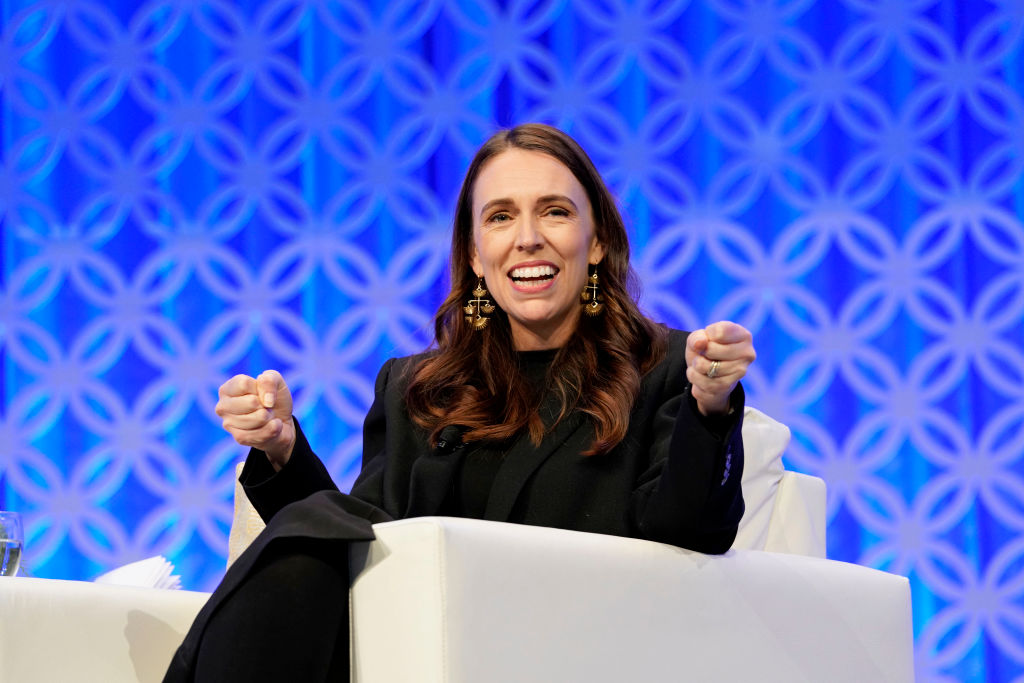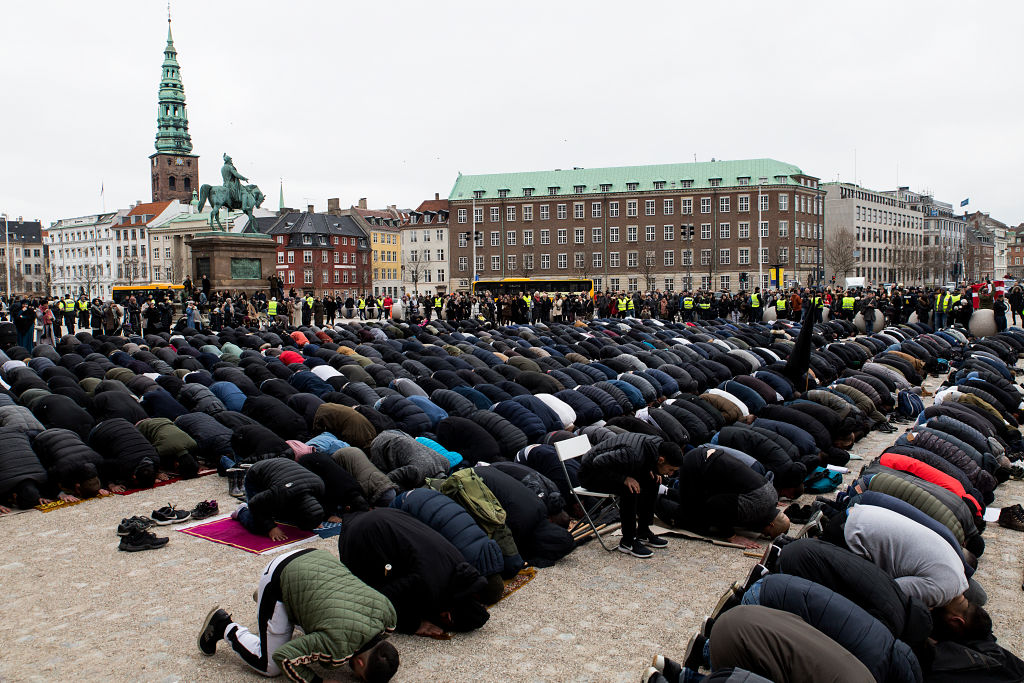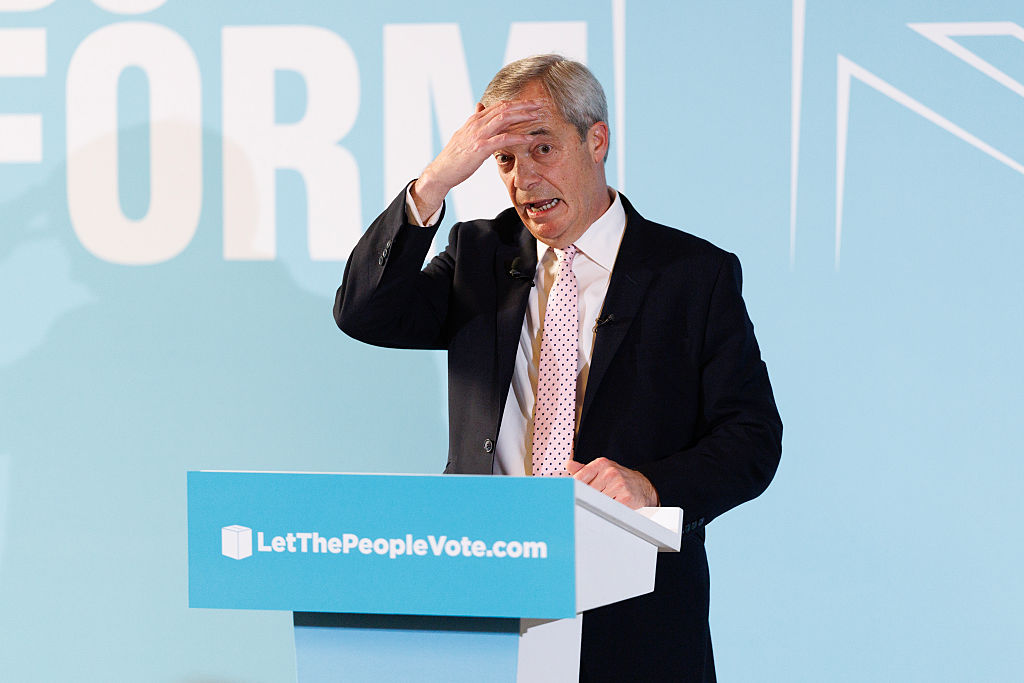Just over two years on from stepping down as Prime Minister of New Zealand, Jacinda Ardern is awaiting the imminent release of her memoir titled Jacinda Ardern, A Different Kind of Power. The launch will be supported by a nine-night US and UK book tour. The marketing around both employs the “kind and empathic” messaging now firmly cemented as her international brand. Eventbrite, for example, asks us to imagine “what if kindness came first?” Today, if you ask Meta AI or ChatGPT “what one word best describes Jacinda Ardern’s leadership style” they will both respond with “empathetic.”
These words do not, however, encapsulate her brand in New Zealand – despite still being pushed by the country’s media, academics, and those inside the Wellington bubble. No, ordinary Kiwis have a different take on the former prime minister.
At the time of her resignation in January 2023, Ardern’s leadership was viewed as toxic. Her party was in free fall in the polls, having plunged from 60 percent in October 2020 to just 27 percent by late 2022. Even the publication Stuff, an unabashed cheerleader of the Ardern government, admitted earlier this month that job losses, skyrocketing inflation and interest rates, increases in the cost of living, a host of unpopular policies, her leadership style, and Covid mandates that “fractured social cohesion” had all driven a collapse in Ardern’s popularity.
Interestingly, this was not the first time that Ardern had struggled in the polls. In late 2019, just two years after becoming prime minister, Ardern’s party was polling seven percent lower than their main rival, the National party. Enter Covid: Ardern’s saving grace. By mid-2020, Labour was soaring in the polls and went on to win the October 2020 general election – an electoral phenomenon replicated worldwide as people, subjected to intense Covid fearmongering, rewarded political incumbents.
In hindsight, however, Covid – and more specifically, Ardern’s response to it – would play a significant role in her downfall. Over the proceeding years, Kiwis would come to learn that there was nothing kind or empathetic about her leadership and policies.
Kiwis saw firsthand, for example, how Graeme Hattie, who flew to New Zealand in July 2020 to visit his dying father, was treated. Hattie’s application for release from New Zealand’s mandatory 14-day quarantine on compassionate grounds was rejected twice. His father died while Hattie himself remained stuck inside a guarded quarantine hotel.
Then there were the hundreds of thousands of Kiwi citizens denied the right to return to New Zealand between April 2020 and February 2022 because of the country’s closed border policy and a quarantine lottery system, condemned by High Court Justice Jillian Mallon as “not demonstrably justified in a free and democratic society.” These Kiwis missed important life events (e.g., births, marriages, jobs), and many, like Hattie, were stopped from comforting and farewelling dying loved ones.
Thousands of Kiwis were subjected to mandatory vaccination, despite explicit assurances by Ardern to the contrary in September 2020. Frontline border and quarantine workers were the first to be made to have vaccinations in late 2021, followed by the health and disability, and education sectors. Those who refused were threatened with losing their jobs – many did.
“It will become very clear to people that if you are not vaccinated there will be things that you miss out on, everyday things that you will miss out on,” Ardern said. She continued, “It’s about both rewarding people who have gone out and done the right thing but also keeping away people who are less safe.”
In early February 2022, Kiwis watched on as anti-mandate and anti-lockdown protestors occupied the lawns outside Parliament in Wellington. Ardern refused to meet with the protestors, even going as far as saying it was irresponsible for any MP to meet with them. Over the next few weeks, as their numbers swelled, the protestors were deliberately soaked by lawn sprinklers and subjected to loud music throughout the night. Despite a large indigenous Māori presence, the protestors were continually tarred as white supremacist, far-right, Trumpist anti-vaxxers by New Zealand’s pro-Ardern media. Then, on 2 March, they were forcibly removed by heavily armed riot police wielding batons and pepper spray and using sound cannons and rubber bullets.
By early to mid-2022, Kiwis were becoming increasingly weary of Ardern’s leadership style and her party’s myopic focus on Covid, despite much of the rest of the world having moved on. New Zealand’s deepening societal and economic problems, driven by Ardern’s unpopular policies, were also becoming too serious for people to ignore – even if the Prime Minister and her Labour party wished they would. The result was a collapse in support for Ardern and Labour, and her resignation in early 2023.
To Kiwis, Ardern’s legacy is not one of kindness and empathy. On top of the heartlessness of the Covid years, it is one of a significant increase in national debt (47 percent of GDP according to IMF figures, up from the low 30s in 2018), recessions, and economic malaise – all driven by borrowing to shore up the economy during Covid and government largesse. New Zealand’s economic performance is now ranked 33rd out of 37 OECD countries, falling behind other members. It is a legacy of rising joblessness, increased racial and social discord, and escalating gun crime and gang violence. Mental health issues among young adults are skyrocketing, while record declines in educational metrics will harm a generation of young New Zealanders’ life outcomes.
Ardern’s legacy also appears to be one of increasing child poverty. “One in seven children are estimated to be living in households where they experience material poverty… that is the highest number since 2015,” wrote Craig Renney, economist and director of policy at the New Zealand Council of Trade Unions in February this year.
The damage to a once high-trust society has been substantial. An Acumen study on trust and grievance published in March this year reports that 67 percent of Kiwis now express a moderate to high sense of grievance – well above the global average – defined as “a belief that government and business harm them and serve narrow interests.” The report continues:
“There is also intense skepticism of government officials, business leaders and journalists with on average 61 percent reporting they worry about the leaders purposefully trying to mislead people by saying things they know are false.”
Only 19 percent of Kiwis now believe the next generation will be better off than them.
There is no doubt that Ardern will continue to be revered internationally. Her brand will go from strength to strength, driven by careful messaging and polished performances. But for Kiwis, there is nothing in the actual outcomes of her leadership or policies to substantiate her international image. In fact, given the decline in so many of the country’s socio-economic metrics, Kiwis may be forgiven for wondering exactly what “kind and empathic leadership” got them. For them, the saying “style over substance” could not be truer.


























Leave a Reply